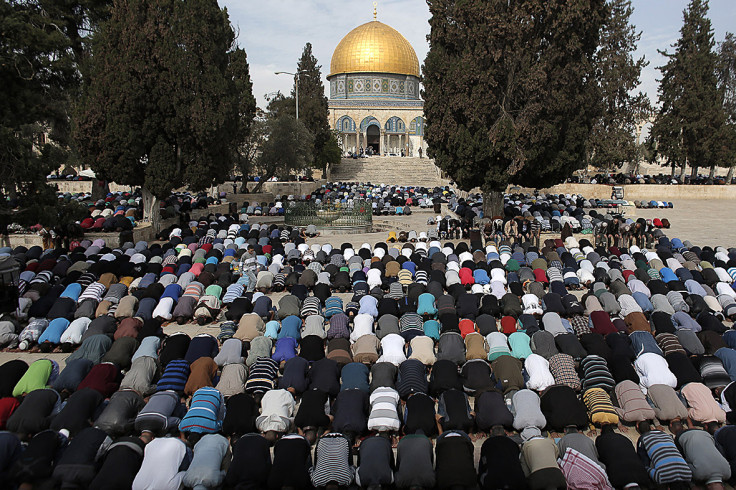Muslim countries urge international community to ban products from 'occupied territories'

The Organization of Islamic Cooperation has called on the international community to ban all products made in or produced in Israeli-occupied territories. The move is aimed at putting pressure on the Jewish nation to end its occupation of Palestinian territories.
The call was made at the end of the 5th OIC Extraordinary Summit on Palestine and Al-Quds Al-Sharif (Jerusalem) in Jakarta on 7 March. The summit drew up two documents: a resolution which restates the main position and commitment of the OIC on Palestine, and the Jakarta Declaration, which lists an active plan by OIC to resolve the Palestinian issue.
The Resolution contains 32 points which define a commitment based on an agreed set of principles of the OIC in supporting Palestine and Jerusalem. The Jakarta Declaration has 23 concrete points on realising the goals outlined in the resolution.
The summit was also attended by representatives from the US, Russia, the United Nations and the European Union, as well as four observer countries. Indonesian President Joko Widodo said at the conclusion of the two-day summit: "Today, the leaders of the Islamic world present an agreement and a set of concrete actions for Palestine."
He continued: "OIC member states condemn Israel's actions. We call to end the illegal colonial settlement and support the independence of Palestine on the basis of a two-state support." He said the summit was aimed at bringing the Palestinian issue back on to the world's radar, as well as to push for the reconciliation within Palestine itself, which is divided between two factions, Hamas and Fatah.
Hasan Kleib, the director general of multilateral affairs at the Indonesian Foreign Ministry said: "If we import these products, we will give additional incentive to the settlers to develop and improve themselves in the region that is not theirs, and then they will take more land." He said since 2013 and 2014, the OIC has been working to identify products coming out of illegal settlements, especially agricultural products.
The products are then listed and OIC member countries are notified to ensure that they stop importing these products. Indonesia has been pushing for this to be taken further by getting the international community behind the OIC in banning these products.
Palestinian President Mahmoud Abbas said that the idea of a peaceful two-state solution cannot be achieved if Israel continues to occupy Palestinian territories. Similarly, OIC Secretary General Iyad bin Amin Madani said: "The aggression executed by Israel has threatened peace and we support the efforts of the Palestinians in opposing Israel."
Jerusalem, where the Al-Aqsa Mosque is located, is the third holiest place in Islam after Mecca and Media. It is also the heart of the Arab-Israeli conflict. The mosque, also known as Bayt al-Muqaddas, is of historical importance as Muslims turned towards it to pray for 16 or 17 months after Prophet Muhammad migrated from Mecca to Medina.
The communique, according to Madani is not just a statement but "an action-orientated communique," However Armanatha Nasir from the Indonesian Foreign Ministry clarified that the two sets of documents were political statements and were morally binding. No sanctions will be imposed on member countries that fail to implement them.
© Copyright IBTimes 2025. All rights reserved.




















